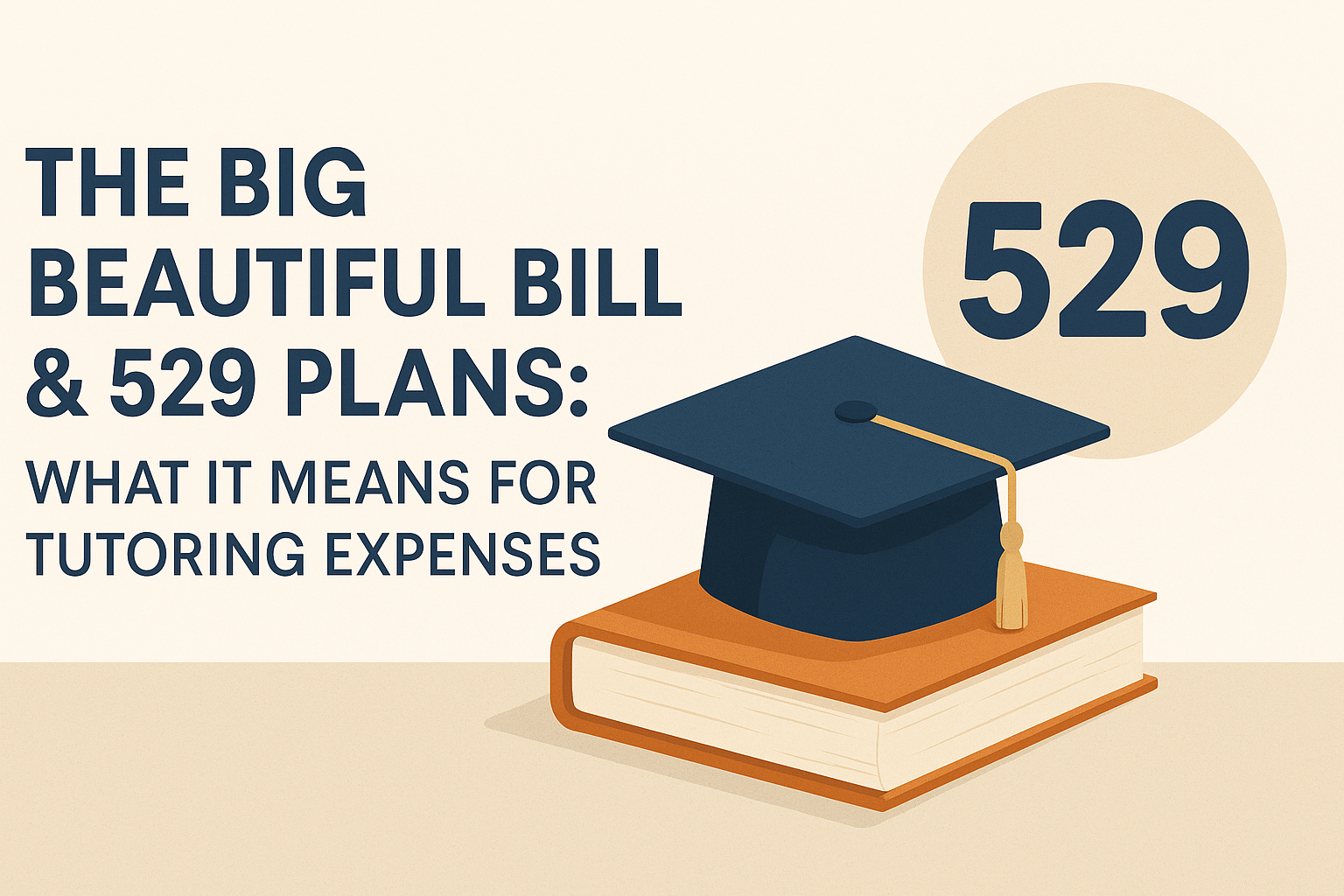



I was working with a student a couple of weeks ago in preparation for the SAT. It was their last test, and after some silly mistakes, I could tell they were on the verge of tears.
The pressure on students is real, and this story isn’t unique. A huge part of our test prep programs focuses on managing test anxiety. Over the past 15 years, I’ve watched this issue grow and was concerned that it would continue ad infinitum. So when I came across new research showing college student mental health is improving, I had to take a closer look. Here’s what the latest data reveals and what still needs attention.
Read time: ~4 minutes
The Healthy Minds Study from the University of Michigan is one of the largest surveys on student mental health in the U.S.
Colleges use this data to improve support services and shape campus mental health policies.
Across the board, students are reporting fewer symptoms of distress.
| Mental Health Measure | 2022 | 2025 |
| Severe depression | 23% | 18% |
| Moderate-to-severe depression | 44% | 37% |
| Moderate-to-severe anxiety | 37% | 32% |
| Suicidal thoughts (past year) | 15% | 11% |
| High loneliness | 58% | 52% |
These drops show meaningful improvement in student mental health.
While fewer students are in crisis, fewer are thriving.
Even as symptoms improve, many students still don’t feel positive, optimistic, or emotionally strong.
Mental health treatment numbers have held steady.
More students may feel better, but that doesn’t necessarily mean they’re getting more help.
Mental health improvements aren’t equal across all groups. Students from historically underserved backgrounds continue to face more challenges and less access.
Researchers suggest:
These strategies can make mental health support more inclusive.
Faculty and Staff Feel It Too
Faculty and staff play a major role in student support, but many are struggling themselves.
Out of more than 9,000 surveyed:
Nearly half had mental health conversations with students, but many didn’t feel trained to help. Their well-being needs more attention too.
To keep improving mental health outcomes, institutions should:
This is real progress. Fewer students are reporting severe mental health struggles, and that’s something to celebrate. But it’s also a reminder that well-being isn’t just about avoiding crisis.
It’s about helping students build confidence, find purpose, and truly thrive. At Clayborne, we’ve seen how academic pressure affects mental health. We’re proud to help students prepare—not just for a test, but for long-term success and balance.
Share this: